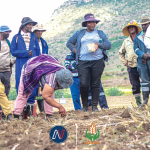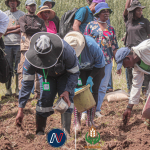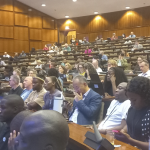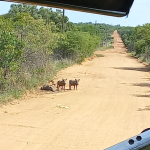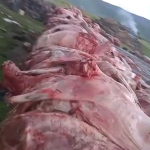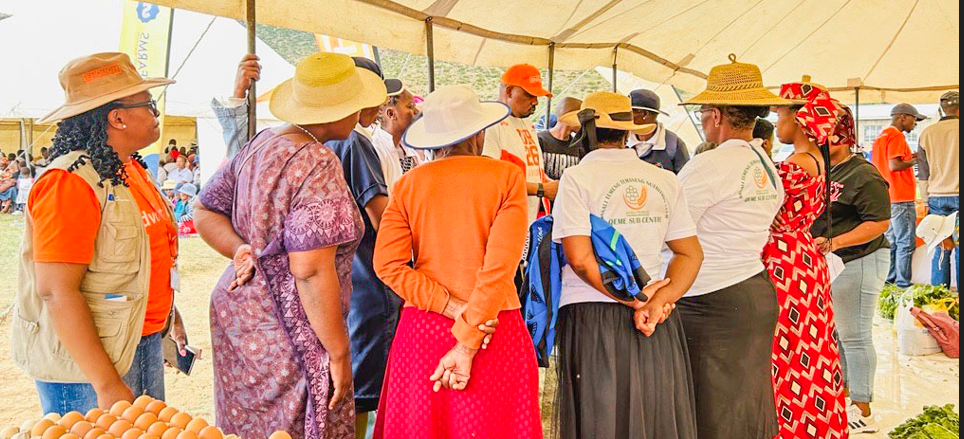Lesotho’s battle against malnutrition is not a new fight, but recent Nutrition Dialogues have reignited the urgency to tackle food insecurity in the country.
The dialogues, launched by World Vision International (WVI) and the 4SD Foundation, have provided a powerful platform for stakeholders—from farmers to policymakers—to discuss the root causes of hunger and malnutrition.
At a time when 403,000 people (27% of the rural population) are projected to experience acute food insecurity by early 2025, the dialogues could not be more crucial.
For too long, decisions about food security have been made without input from the people most affected, but the Nutrition Dialogues set out to change this by incorporating voices that have historically been ignored and this was covered by an implementation report prepared by the leading organisations.
“The Nutrition Dialogues in Lesotho seek to address this gap by providing structured platforms for these underrepresented voices to express their needs and priorities, ensuring that efforts to combat malnutrition are both equitable and sustainable,” the report explained the objective citing participants included women, small-scale farmers, faith leaders, and even children, ensuring a holistic approach to addressing malnutrition.
“Children’s workshops were particularly innovative, using drawings and storytelling to engage young voices in discussions about nutrition.”
The Take Homes From The Dialogues
The dialogues highlighted five key factors driving food insecurity in the country:
- Food Insecurity and Economic Barriers – High unemployment and poverty prevent many families from producing or purchasing enough food.
- Climate Change and Environmental Challenges – Droughts and erratic rainfall have severely reduced agricultural yields.
- Weak Agricultural Systems – Poor market access and lack of farming resources hinder food production.
- Limited Nutrition Awareness – Cultural beliefs and knowledge gaps about healthy eating contribute to poor dietary choices.
- Policy Gaps and Lack of Government Support – Weak enforcement of agricultural policies and market instability discourage smallholder farmers.
The Urgent Need for Action
“The Nutrition Dialogues were not just an intellectual exercise—they were a wake-up call. If Lesotho fails to act on these findings, hunger and malnutrition will continue to rise,” the report warned.
Some recommendations to tackle food insecurity included; strengthening agricultural resilience through climate-smart farming and better irrigation systems, improving food distribution and market access for smallholder farmers, expanding school feeding programs to ensure children receive nutritious meals, and scaling up water conservation efforts to support sustainable farming.
A Call to Keep the Momentum Alive
The report pointed out that the Lesotho Nutrition Dialogues have laid the foundation for meaningful policy changes, but action must follow and the country must come together to ensure that food security remains a national priority.



